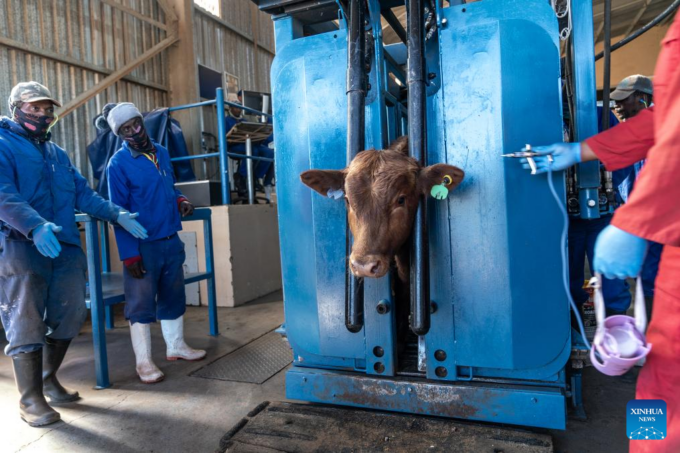Meta Platforms Inc. now confronts two significant legal cases in Kenya related to its content moderation practices. One case involves a former moderator employed by Sama, who has filed a lawsuit against the social media giant for the psychological toll incurred while moderating disturbing content. In a separate but related case, 187 former moderators from Sama are claiming they were unfairly terminated and are seeking substantial compensation.
Kenya’s Court of Appeal recently upheld a ruling from the Employment Court that permits the group of 187 Facebook content moderators to pursue legal action against Meta, which owns popular platforms such as Facebook, WhatsApp, and Instagram. This ruling not only signifies the court’s support for the moderators’ claims but also sets a precedent that could hold Meta accountable for how it treats its employees in the region. The ex-moderators are demanding a staggering $1.6 billion in damages, a sum reflecting the extent of their grievances and the psychological impacts they claim to have suffered.
“The cases brought by the content moderators against Meta, Sama, and Majorel can now move forward. Facebook previously contended that, being a foreign entity, it could not be sued in Kenya,” stated Mercy Mutemi, the attorney representing the former moderators. The court’s decision contradicts this argument, indicating that the moderators have legal grounds to hold Meta accountable for their employment conditions.
The judges involved in the ruling—D.K. Musinga, Asike-Makhandia, and J. Mativo—indicated that the primary issue, which revolves around claims of unfair dismissal, is still under consideration. Consequently, the matter will advance to trial unless the parties reach a settlement beforehand. “The legality of the redundancies is a question that will be addressed during the hearing. We have no further comments,” the judges noted.
The moderators allege that their dismissals came shortly after they attempted to unionize, despite Sama’s previous claims of supporting employees’ rights to union representation. Additionally, the former moderators have raised concerns about the nature of their work, which often involved exposure to deeply disturbing content, alongside their compensation of approximately KES 60,000 per month—an amount they argue does not reflect the severity of their job responsibilities.
In light of these controversies, Sama and Majorel, both of which provided content moderation services for Meta, have halted their moderation operations. Sama has shifted its focus toward artificial labeling, while Majorel recently laid off over 200 employees following its failure to secure a continued contract with Meta in 2023.
The unfolding legal cases present a pivotal moment for content moderation practices in Kenya, where the challenges faced by these workers highlight broader issues concerning workers’ rights, mental health, and fair compensation in the tech industry. As the trials progress, the outcomes may not only impact the lives of the former moderators but also reshape the landscape of content moderation in Africa.














Leave a comment